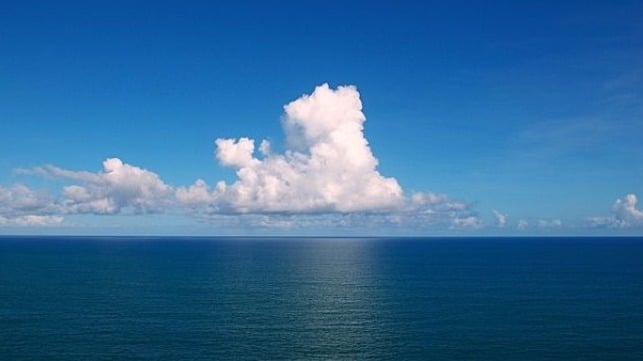Chile Becomes the First Country to Ratify the High Seas Treaty

Almost four months after the High Seas Treaty opened for signing at the UN General Assembly, Chile has become the first country to ratify the historic ocean conservation agreement. On Tuesday, Chile’s Senate unanimously approved the High Seas Treaty, officially known as the Biodiversity Beyond National Jurisdiction Treaty (BBNJ).
The treaty sets up a procedure to establish large-scale marine protected areas in the high seas, which cover nearly two-thirds of the world’s oceans. The goal is to facilitate reaching the target of conserving 30 percent of land and sea by 2030, agreed by UN member states in December 2022 within the Kunming- Montreal Global Biodiversity Framework.
While commenting on the Senate’s approval vote, Chilean Foreign Minister Alberto van Klaveren said the action confirms Chile’s strong focus on the oceans. Chile was among the UN member states that showed a strong political commitment for BBNJ adoption, while it was still in the negotiation stage.
Led by its President Gabriel Boric, Chile proposed the port city of Valparaíso, located 68 miles from Santiago, as the candidate to host the Treaty Secretariat.
Chile’s move to ratify the treaty has been welcomed by environmental campaign groups among them Greenpeace International.
“Chile has been a key country during all the years of negotiating this treaty. This is an achievement for the thousands of Chileans who called for the protection of oceans. We congratulate the action of the congress,” said Estefanía González, deputy director of Greenpeace Chile campaigns.

that matters most
Get the latest maritime news delivered to your inbox daily.
For the treaty to enter into force, 59 other countries are needed to ratify the treaty by 2025. This timing is to ensure the globally agreed target of protecting 30 percent of the oceans by 2030 is within reach.
The negotiations for the BBNJ treaty had been ongoing since 2004. It was only formally adopted by governments in June 2023 after exhaustive negotiations. The signing of the treaty took place in September, as the first formality before a country moves to ratification. So far, 84 countries have signed the treaty as the first step to ultimate ratification and coming into force.
